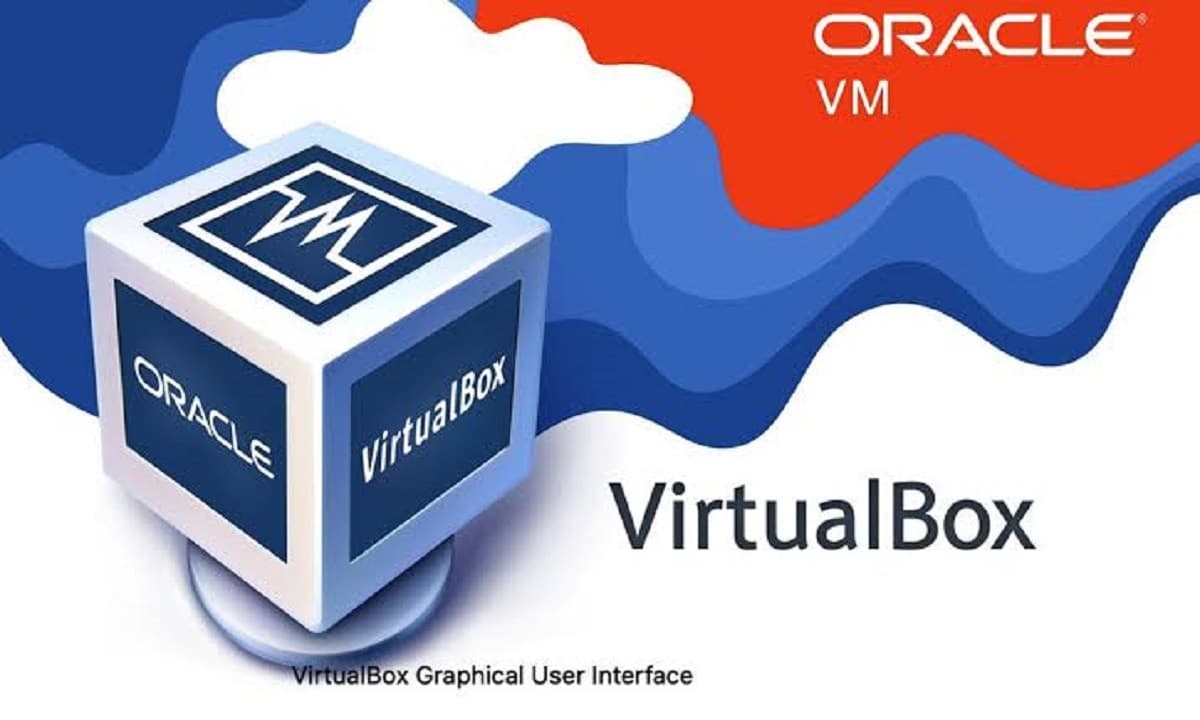
Few ago Oracle just announced the release of the new corrective version of VirtualBox 6.1.24 in which they have made some important changes and most of them related to Linux, since for example compatibility with Kernel 5.13 has been added, as well as support for compiling modules, bug fixes and more.
For those who are unfamiliar with VirtualBox, I can tell you that this is a multiplatform virtualization tool, that gives us the possibility of creating virtual disk drives where we can install an operating system within the one we normally use.
VirtualBox allows us to run virtual machines remotely, through the Remote Desktop Protocol (RDP), iSCSI support. Another function it presents is to mount ISO images as virtual CD or DVD drives, or as a floppy disk.
Main new features of VirtualBox 6.1.24
In this new version as the main change, we can find that for Linux guests and hosts, support for kernel 5.13 has been added, as well as the kernels of the Linux distribution SUSE SLES / SLED 15 SP3, along with the guest plugins add support for the Linux kernels shipped with Ubuntu.
Also in the component installer for Linux-based host systems, in this new version of VirtualBox support is provided for compiling kernel modules, even though these modules are already installed and the versions are the same.
On the other hand, in the add-ons for guests, fixed crash that prevented clipboard sharingwhile on Windows-based hosts, issues with verifying digital signatures for files have been resolved
It is also noted that Linux issues with USB webcam forwarding were fixed and issues were fixed when starting VM if the device connected to VirtIO uses a SCSI port number greater than 30.
Of the other changes that stand out:
- Improved DVD media change notification.
- Improved audio support.
- Fixed issues resuming network connection in virtio-net after returning from hibernation.
- UDP GSO fragmentation issues were also resolved.
- Fixed a memory leak in the r0drv driver.
- DLL in case of using the wrong certificate.
- The default memory and disk sizes for Solaris guests have been increased.
- EFI has improved stability and added support for network boot when emulating an E1000 Ethernet controller.
Finally, if you are interested in knowing more about it, you can consult the details in the following link.
How to install VirtualBox 6.1.24 on Ubuntu and derivatives?
Before installing, they need to ensure that hardware virtualization is enabled. If they are using an Intel processor, they must enable VT-x or VT-d from their computer's BIOS.
In the case of Ubuntu and derivatives, we have two methods to install the application or, where appropriate, update to the new version.
The first method is by downloading the "deb" package offered from the official website of the application. The link is this.
The other method is adding the repository to the system. To add the official VirtualBox package repository, they should open a terminal with Ctrl + Alt + T and run the following command:
echo "deb https://download.virtualbox.org/virtualbox/debian $(lsb_release -cs) contrib" | sudo tee /etc/apt/sources.list.d/virtualbox.list
Done this now We must add the public PGP key from the official VirtualBox packages repository to the system.
Otherwise, we will not be able to use the official VirtualBox package repository. To add the public PGP key from the official VirtualBox package repository, run the following command:
wget -q https://www.virtualbox.org/download/oracle_vbox_2016.asc -O- | sudo apt-key add -
We must update the APT package repository with the following command:
sudo apt-get update
Once this is done, now we are going to proceed to install VirtualBox to the system with:
sudo apt install virtualbox-6.1
And ready with it, we can use the new version of VirtualBox in our system.